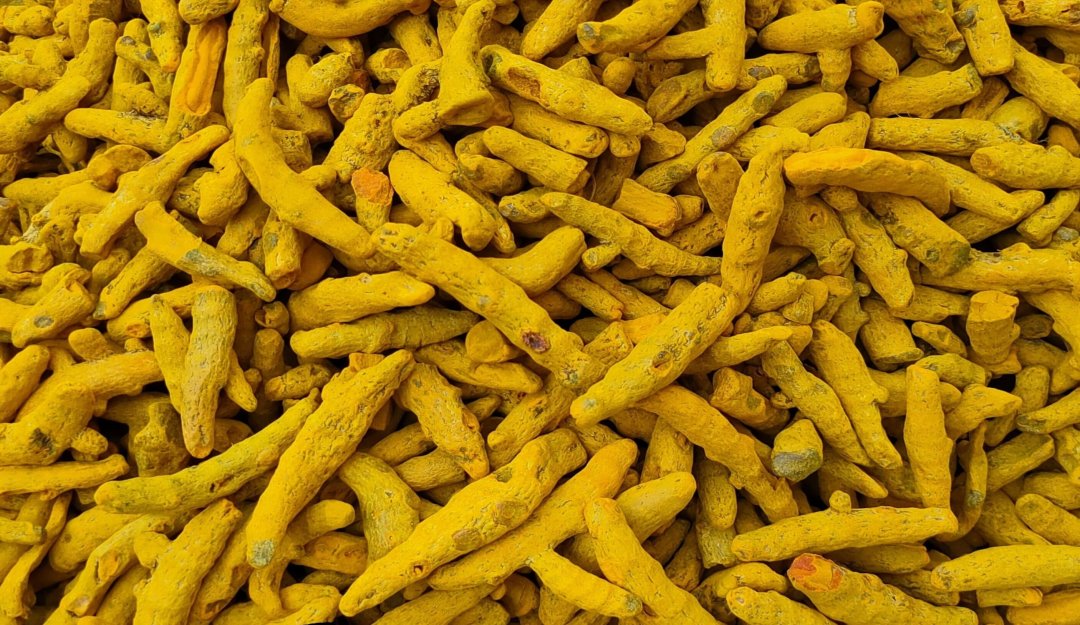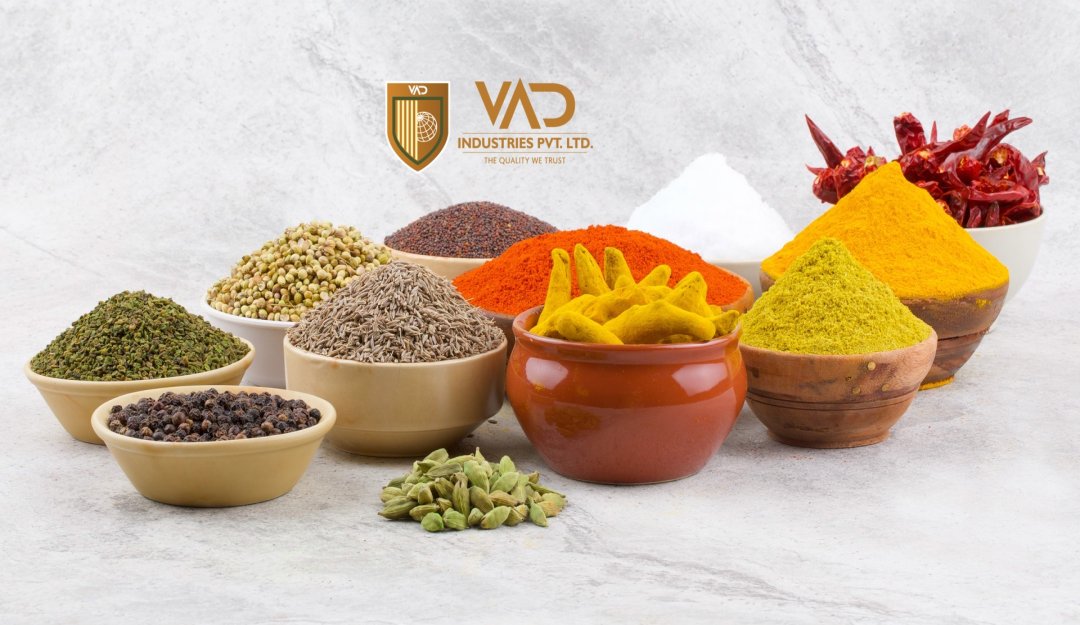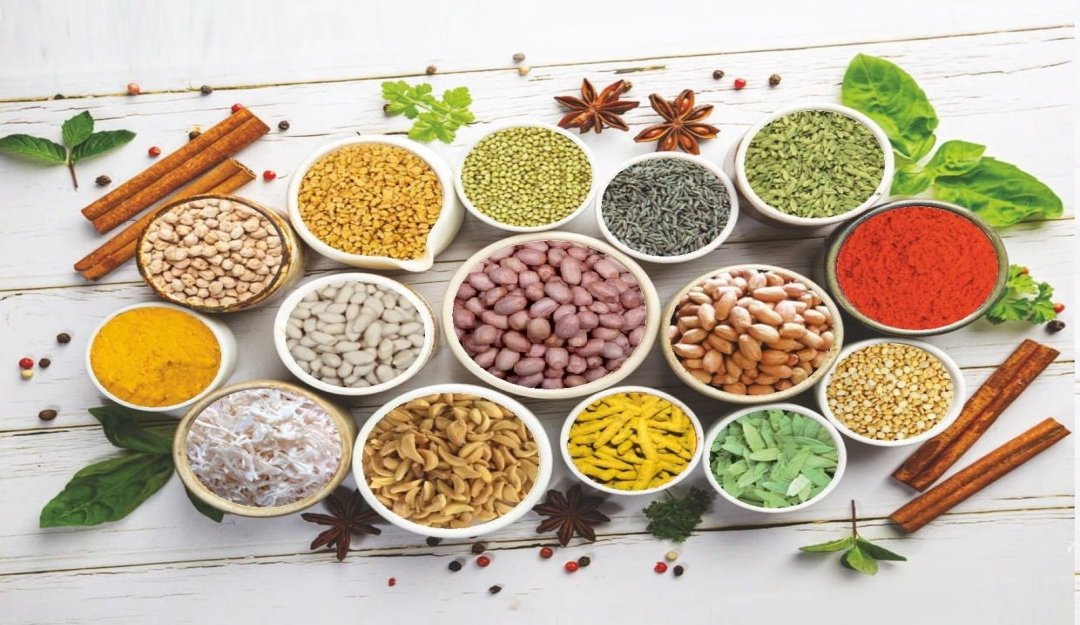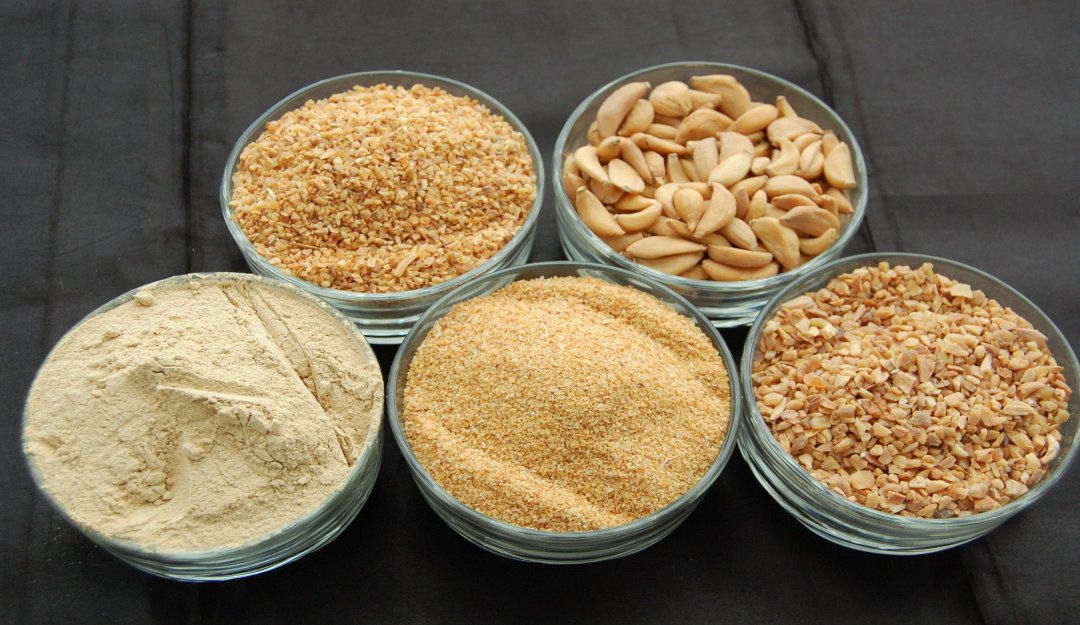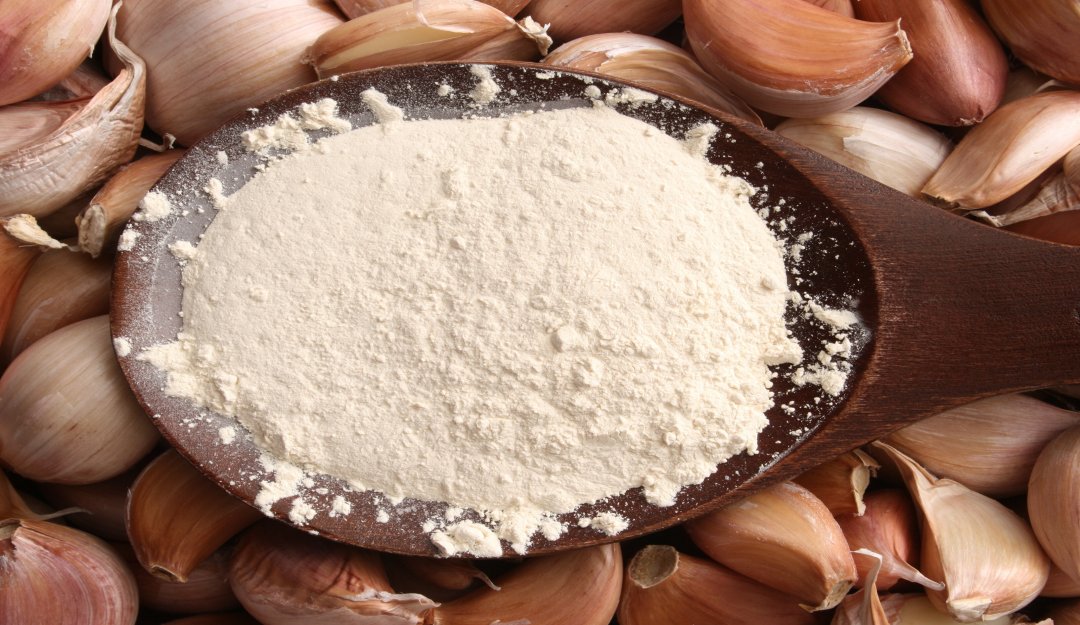Spices Export to Middle East – Packaging & Halal Certification
-
By
VAD INDUSTRIES
- September 14, 2025
- Indian Spices
- 0 comments
The Middle East is one of the largest markets for Indian spices. Its growing food processing industry, demand for authentic flavors, and preference for premium quality make it a lucrative destination for exporters. For businesses looking to enter this market, packaging and Halal certification are crucial factors that ensure compliance, trust, and product acceptance.
At Vad Industries, we help international buyers source high-quality Indian spices with world-class packaging and certified Halal compliance.
This guide explains everything you need to know to export spices to the Middle East successfully.
Why the Middle East is a Key Market for Indian Spices
India has long been a major supplier of spices to Middle Eastern countries including Saudi Arabia, UAE, Qatar, Oman, and Kuwait.
High Demand for Whole & Processed Spices
Turmeric, cumin, coriander, fennel, black seeds, and chilli are widely used in traditional and industrial cuisines.
Food Processing Industry
Growing ready-to-eat and packaged foods sector drives demand for bulk spices.
Culinary Heritage
Middle Eastern cuisine heavily relies on spices, spice blends, and herbal ingredients.
For a complete overview of Indian spices and the global market, refer to our Complete Guide to Indian Spices and Global Export Market.
Packaging Requirements for Spices Export to Middle East
Proper packaging is critical for preserving spice quality during shipment and meeting regulatory requirements. Middle Eastern buyers expect:
Bulk Packaging
- Jumbo Bags / PP Bags ideal for industrial buyers.
- Strong, moisture-proof, and hygienic to protect against contamination.
Retail Packaging
- Pouches, jars, and sachets for supermarkets and retail chains.
- Attractive design, tamper-proof seals, and clear labeling enhance product appeal.
Export-Grade Packaging Standards
- Food-grade materials compliant with FSSAI, ISO, and international standards
- Proper labeling with spice name, net weight, origin, batch number, expiry date, and storage instructions.
At Vad Industries, we provide custom packaging solutions, including private labeling, bulk packaging, and retail-ready packs to meet Middle East import standards.
Halal Certification for Spices
Halal certification ensures that spices are produced, processed, and packaged according to Islamic dietary laws. It is mandatory for most Middle Eastern countries to approve imported food products.
Importance of Halal Certification
- Market Access: Without Halal certification, spices may be rejected at customs.
- Consumer Trust: Halal logo assures buyers and consumers of ethical and compliant production.
- Competitive Advantage: Certified products have higher acceptance in retail and food processing sectors.
Halal Certification Process
- Ingredient Verification: Ensure all raw spices and additives meet Halal standards.
- Processing Compliance: Avoid contamination from non-Halal sources.
- Audits & Inspections: Third-party certification authorities verify production, storage, and handling processes.
- Labeling & Documentation: Certified products must carry Halal logo and official documentation for export.
Vad Industries provides Halal-certified spices for bulk and retail export, helping buyers comply with Middle Eastern regulations efficiently.
Popular Indian Spices Exported to the Middle East
Some of the most demanded spices in Middle Eastern markets include:
- Turmeric: Whole and powdered Turmeric Finger Supplier, Turmeric Powder Supplier
- Cumin & Coriander Seeds: Whole and powdered Cumin Seeds Supplier, Coriander Seeds Supplier
- Fennel & Ajwain Seeds: Whole seeds for culinary and industrial use Fennel Seeds Exporter, Ajwain Seeds Supplier
- Chilli & Black Pepper: Hot and aromatic varieties Dry Red Chilli Exporter, Black Pepper Supplier
All products are Halal-certified, lab-tested, and packaged to maintain aroma, color, and shelf life.
Tips for Exporting Spices to Middle East
- Understand Regulatory Requirements: Each country has specific rules for labeling, Halal certification, and import permits.
- Maintain Quality & Freshness: Use moisture-proof packaging and avoid long transit times.
- Documentation: Include invoices, packing lists, certificates of origin, and Halal certificates.
- Partner with Reliable Suppliers: Choose exporters who provide consistent quality, Halal compliance, and flexible packaging solutions.
At Vad Industries, we offer full support for Middle East spice exports, including packaging, certification, and documentation.
Market Insights for Middle East Spices
- Saudi Arabia & UAE: High demand for turmeric, cumin, and spice blends in retail and industrial sectors.
- Qatar & Oman: Preference for bulk spices and ready-to-use blends for food processing.
- Emerging Trends: Organic and Halal-certified spices see growing acceptance due to health-conscious consumers.
Exporters who provide premium quality, compliant packaging, and Halal certification have a strong competitive edge in the Middle East.
FAQs About Spices Export to Middle East
Q1. Is Halal certification mandatory for all spices?
Yes, most Middle Eastern countries require Halal-certified spices for import.
Q2. Can Vad Industries customize packaging for Middle East exports?
Yes, we provide bulk, retail, and private-label packaging solutions.
Q3. What documentation is required for Middle East spice exports?
Invoices, packing list, certificate of origin, Halal certificate, and compliance documents.
Q4. Which spices are most popular in Middle Eastern markets?
Turmeric, cumin, coriander, fennel, ajwain, chilli, and black pepper.
Looking for a trusted Indian Spices Supplier for Middle East exports? Partner with Vad Industries for premium-quality, Halal-certified spices with customized packaging solutions.
Contact us today to get a free quote and start your export journey.
RELATED POSTS
- September 25, 2025
How to Select the Best Quality Turmeric for International Buyers
- September 21, 2025
5 Things to Check Before Importing Spices from India
- September 21, 2025
Whole vs Ground Spices: Which is Better for International Buyers?
- September 21, 2025
The Complete Buyer’s Guide to Dehydrated Garlic for Food Manufacturers
- September 21, 2025

